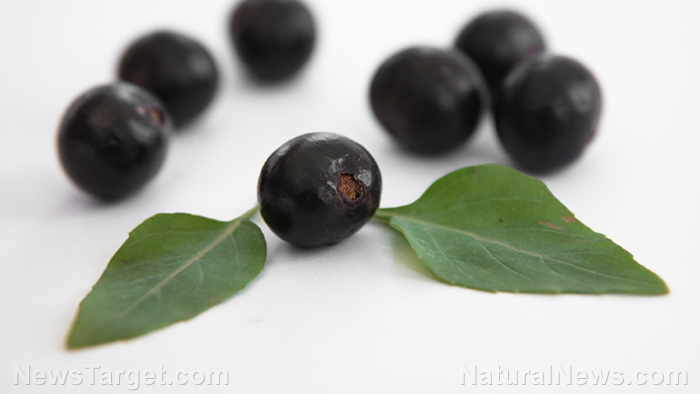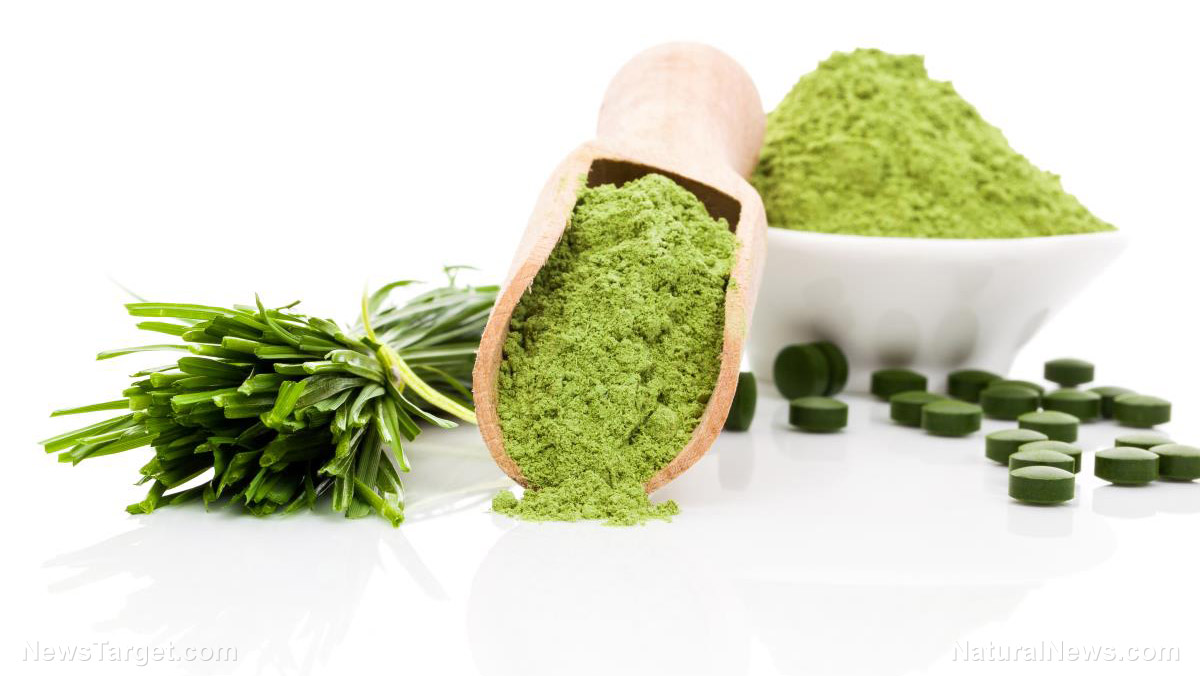Scientists explore using phages to prevent food poisoning by eradicating foodborne pathogens
03/12/2018 / By Ralph Flores

Bacteriophages are not only limited to healthcare, but it can also be used in the food industry, according to a study. The findings, published in the International Journal of Food Microbiology, suggest that phages can be used to treat foodborne pathogens and reduce food poisoning.
- The researchers focused on Yersinia enterocolitica, the bacteria primarily responsible for yersiniosis. In the study, the team isolated and characterized four virulent bacteriophages that can infect Y. enterocolitica – one of Podoviridae (fHe-Yen3-01) and three of Myoviridae (fHe-Yen9-01, fHe-Yen9-02, and fHe-Yen9-03).
- Of the four, fHe-Yen9-01 was the most effective, as it was able to impact 61.3 percent of the strains. The study also noted a latent period of 35 minutes, a burst size of 33 plaque-forming units per cell, and had a genome of 167,773 base pair with 34.79 percent GC (or guanine-cytosine) content.
- The fHe-Yen9-01 phage was then assessed to see how effective it was in treating food contaminated with the bacteria. Researchers used the Y. enterocolitica O:9 strain Ruokola/71 in an experimental model that simulated the food market environment. Food samples were exposed to the Y. enterocolitica bacteria and were then treated using bacteriophages.
- The results showed that phage treatment prevented bacterial growth in food samples. These included raw pork (stored at 4 C for 72 hours), ready-to-eat pork (stored at 26 C for 12 hours), and milk (kept at 4 C for 72 hours).
- Moreover, phage treatment also worked for kitchen utensils – such as wooden and plastic cutting boards and knives, and artificial hands – that were exposed to the bacteria.
According to the authors, the study is the first of its kind to show the successful application of phages on food and kitchen utensils.
Journal Reference:
Jun JW, Park SC, Wicklund A, Skurnik M. BACTERIOPHAGES REDUCE YERSINIA ENTEROCOLITICA CONTAMINATION OF FOOD AND KITCHENWARE. International Journal of Food Microbiology. 2018;271:33–47. DOI: 10.1016/j.ijfoodmicro.2018.02.007
Tagged Under: bacteria, bacterial growth, bacteriophages, food industry, food poisoning, foodborne pathogens, pathogens, phage treatment, phages, virulent bacteriophages, Yersinia enterocolitica, yersiniosis




















